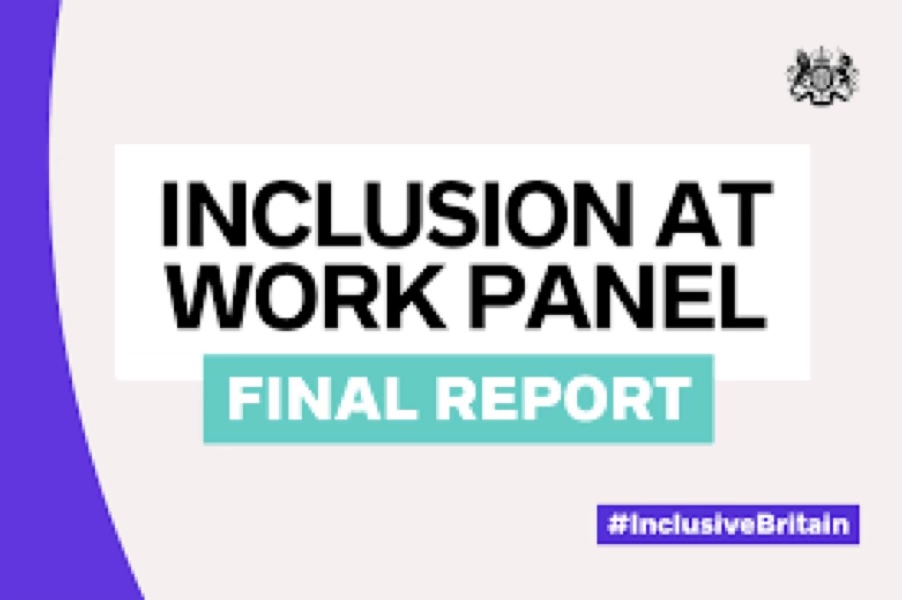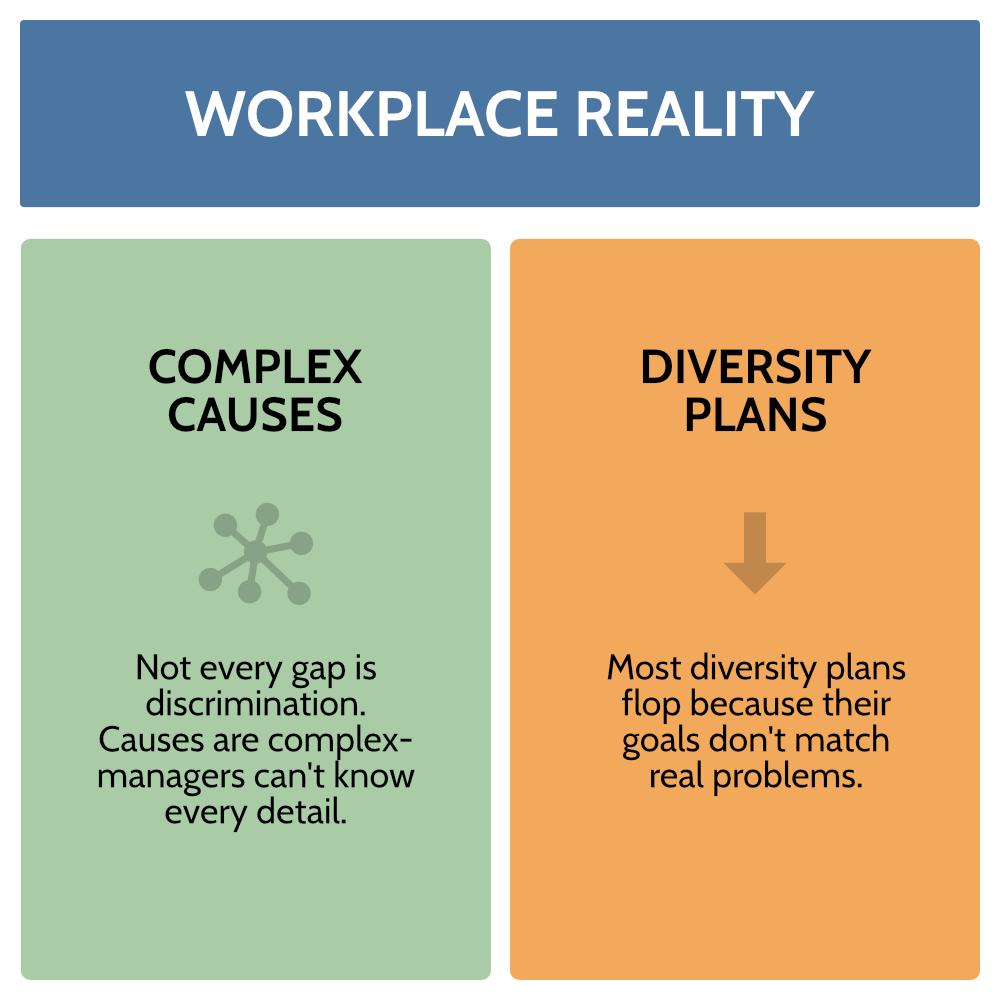Has “EDI” finally stopped careering down the rabbit hole of ideologically driven ineffectiveness?


Have calm heads finally prevailed so those running organisations can make sensible decisions that actually open up opportunities for talented people of any background?

I fear speaking too soon, but after years of hysteria from the permanently outraged, the answer could be yes.
The evidence? Firstly, in March 2024 the previous Government published the report from its independent Panel on Inclusion at Work which advances some wholly practical recommendations. Theirs is a simple formula. Gather data, analyse it to identify issues that are specific to your organisation – rather than base diversity and inclusion work on generalisations that flow from “abstract, social-theoretical, definitions of privilege and disadvantage” - then develop solutions to tackle them. And, as you would with any other strategy in your organisation, measure and review the outcomes.
You’d think taking this approach would be pretty obvious, but as any of you who’ve ever attended one of those “point and punish” guilt-inducing events that masquerade as diversity training courses will know, it’s actually quite exceptional.
The second blast of fresh air came in the same month when the Shadow Health Secretary, Wes Streeting, urged the NHS to stop doing “daft things” in the name of diversity. He included in that daft list the removal of “any language referring specifically to women from NHS documents in the name of inclusion” which he described as “clearly crackers”. Quite right.

He prevailed on them instead to focus on whether the money spent by the NHS on diversity actually improves patient health. Refreshingly, he turned to evidence. “We’ve …got to bear in mind that black women are four times more likely to die in childbirth than white women, black men are twice as likely to die from prostate cancer than white men. And when it comes to a very common condition like endometriosis, women are waiting more than seven years for diagnosis”. He continued ”That’s why I want the diversity and equality focus to be on how we tackle those health inequalities, not whether people are being right on and doing daft things – well-meaning things – in the name of diversity and inclusion.”
For employers and those of us who work with organisations in a way that aims to achieve what the panel calls “meaningful diversity”, both of these new positions are very welcome. Official policy and approach are no longer veering dangerously down the identity politics route, where Labour has recently shown signs of heading. Nor has it swerved up the slip road urged by Right Wing voices which have been demanding the abolition of all diversity work as woke and wasteful.
There is now a clear way forward under this and (probably) the next government for those who can show how to achieve material results through diversity and inclusion work by valuing difference, gathering accurate evidence of the causes of imbalances in staff and tackling those, rather than imposing inappropriate approaches based on politics.
And this is sorely needed, as was clear from a whistle blow this week on the divisive approach adopted by the Financial Times, an organisation one would expect to guard its impartiality rather more carefully. As part of their ‘Diversity and Inclusion Toolkit’ they published a “continuum to appraise your behaviours and actions as an ally”, which divides their staff around attitudes to race as either an “Ally” or “Adversary.”
The independent panel follows two particular themes. While accepting that discrimination clearly exists, it points out that “not all disparities that the data tell you are the result of discrimination. Causes are complex and managers should not be expected to possess a sophisticated knowledge of the demographic, historical, and socio-economic debates relating to the relative advantage and disadvantages between groups.”
And secondly it emphasises that the ineffectiveness of most diversity and inclusion interventions is because they “don’t have clear objectives that match the problem that the data reveals”.

Most organisations looking at the diversity, or otherwise, of their staff, fail to ask three key questions: do any deficits matter, why, and what is causing them? Crucially to the latter, is the solution in the gift of your organisation, or is it external?
For organisations to go beyond solving these deficits they need to equip their managers to value difference of individual viewpoint and background and not just define people by generalised demographic groups.
Let’s hope that this refreshed and refreshing approach from government will help us to extend effective work on diversity and save it from being distorted by the extremes of left and right.





